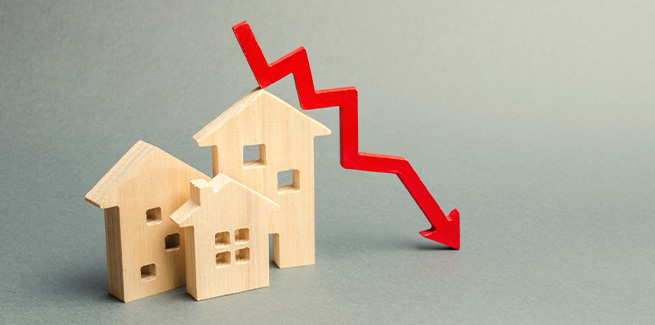The Westpac-Melbourne Institute Index of Consumer Sentiment has revealed that the “time to buy a dwelling” index fell by 3.4 per cent from 107.2 in April 2021 to 103.5 in May 2021.
According to the research, this is now 21.6 per cent below its recent peak in November 2020, and 15.7 points below its long-run average.
The research also showed that Victoria recorded a 20 per cent fall in the index in May, which Westpac chief economist Bill Evans called “disturbing”.
Furthermore, all jurisdictions, including non-metro areas, have seen declines in the 15 per cent to 40 per cent range since November, the research showed.
The dip in housing sentiment has coincided with continued elevation of house price expectations, with the house price expectations index remaining nearly 40 points above the long-run average of 124.8.
The index dipped by 0.1 per cent in May at 163.8, according to Westpac.
Across the states, Queensland recorded the sharpest increase in house price expectations, with the index rising by 8.8 per cent, while it rose by 1.4 per cent in NSW.
However, the index reversed in Victoria (down 6.7 per cent), South Australia (down 5.1 per cent), and Western Australia (down 3.8 per cent).
Commenting on these trends, Mr Evans said: “The survey continues to give a clear message around the housing market, with deteriorating affordability weighing on assessments of time to buy while price expectations remain extremely bullish.”
The survey also asked respondents about the federal budget, which revealed that one in five consumers expect this year’s budget to improve their finances over the next 12 months.
“There has only been one more positive response in the 11 years we have run this question – the 2020 survey which showed just over one in four consumers expected to be better off,” Mr Evans said.
“This undoubtedly reflects the different aims of these recent budgets which have been focussed on addressing the economic challenges of the pandemic. Previous budgets since 2010 have been framed around ensuring a path back to budget surplus.”
Overall consumer sentiment fell by 4.8 per cent in May but Mr Evans pointed out that the index is still at the second-highest point since April 2010, and has followed an 11.0 per cent rise in the index over the previous three months.
“The fall may also represent some disappointment in the federal budget as a very generous budget was still unable to exceed the exuberant expectations of the community,” Mr Evans said.
Across individual industries, there was a 33 per cent fall in confidence among employees in the arts, which Mr Evans said was the “most distressing” result.
“This may represent concerns in that industry around the ending of JobKeeper along with some disappointment in the support for the industry in the budget,” he said.
Mr Evans also said that Westpac is expecting the Reserve Bank of Australia (RBA) – which will meet on 1 June to deliver its decision on the official cash rate – to extend its quantitative easing policy to a further $100 billion beginning September, and to switch the target bond in the yield curve control policy from April 2024 to November 2024.
[Related: Rising house prices temper buyer interest: Westpac]

